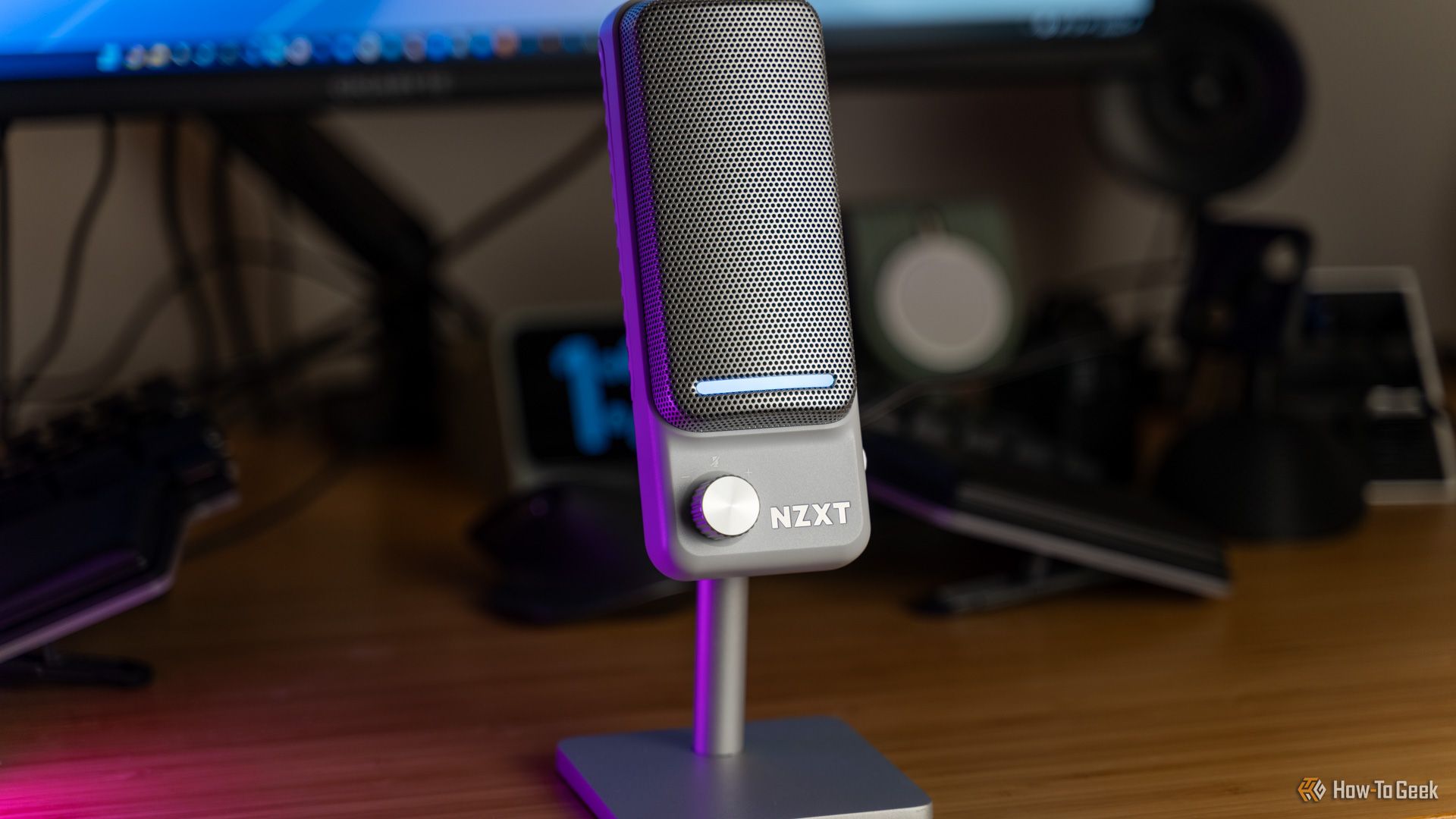Government’s ‘Humphrey’ AI tool helps local authorities cut costs

In a reference to the suave civil servant in 1980s comedy series Yes Minister, the UK government is trialing an AI assistant called Humphrey with local authorities.
The Department for Science, Innovation & Technology (DSIT) said the aim is to help civil servants speed up admin tasks in areas such as planning and social care, as well as in central government.
In a first step, 25 local councils are currently taking part in an early-stage trial, using a tool called ‘Minute’ to speed up note-taking across the services they provide – including the planning process holding back the government’s efforts to build 1.5 million homes by 2030.
The AI assistant also helps social care workers and their supervisors take detailed notes in meetings, with specialized tools to help tweak and correct summaries more efficiently, freeing them up for more important tasks.
“From parking permits and planning permission, local councils handle some of the services that impact our daily lives most. For too long, they have been left to fend for themselves when keeping up with rapid innovations in AI and digital technology – when we know it has huge potential to help solve many of the challenges they face,” said AI and digital government minister Feryal Clark.
“That’s why ‘Humphrey’, a suite of exciting AI tools built in my department, is being sent to town halls to help them fast track planning decisions, build 1.5 million homes and take meeting notes more quickly.”
Early tests of the Minute tool in central government showed that officials saved a full hour of admin per one hour meeting, with nearly half of them saying note-taking was the least enjoyable part of their job.
Today’s announcement follows the prime minister’s pledge to find £45 billion worth of productivity savings within the civil service through the digitisation of government services.
Earlier this year, the government’s State of Digital Government Review found that local councils were spending £5 billion per year on technology, despite employing half the number of digital specialists they should be.
And the report also found that each of the 320 local authorities across the country negotiate their technology contracts with big tech companies independently, rather than banding together for economies of scale.
The government wants to see improved data sharing between councils and other public bodies, as well as helping councils negotiate contracts together and share best practices.
“This is just the first step as we are also going to work with local councils to help them buy and build the technology they need to deliver our Plan for Change and support their local communities more effectively,” said Clark.
MORE FROM ITPRO
TOPICS
Source link











